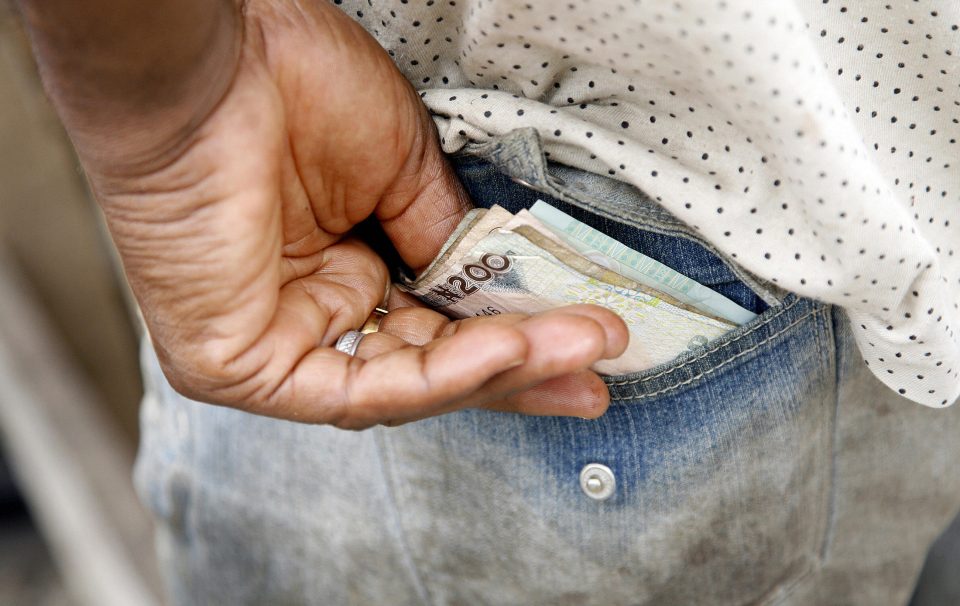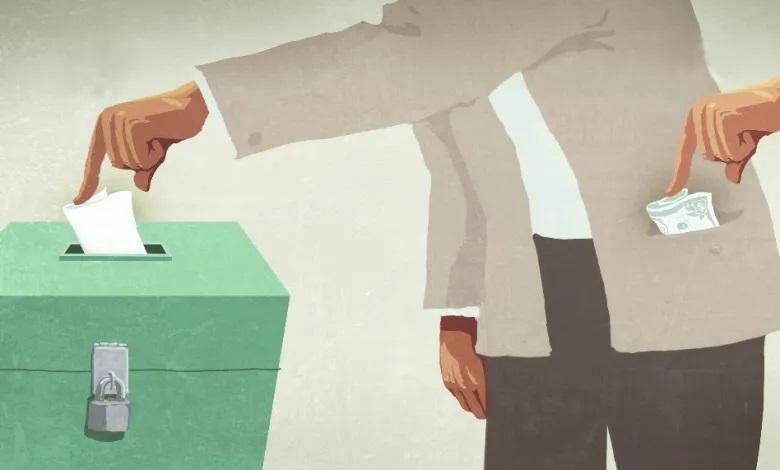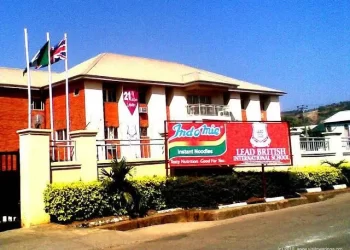Socio-Economic Rights and Accountability Project, SERAP, has sued the Independent National Electoral Commission, INEC, over the failure to charge those suspected of vote-buying and electoral bribery during the recently concluded Ekiti State governorship election.

This followed reports of an aggressive pattern of vote-buying and electoral bribery in several polling units during the recently concluded Ekiti governorship election, including bargaining prices for votes and payments made in incomplete buildings.
The suit filed last Friday at the Federal High Court, Abuja, on behalf of SERAP by its lawyers Kolawole Oluwadare and Opeyemi Owolabi, strived, “an order of mandamus to direct and compel INEC to seek and obtain comprehensive information about reports of vote-buying by the three leading political parties in the 2022 Ekiti State governorship election.”
SERAP is also seeking “an order of mandamus to direct and compel INEC to quickly and effectively prosecute those arrested, and to bring to justice anyone who funded, aided, and abetted them.”
SERAP maintained, “Vote buying is a danger to fair and representative elections. Vote buying amounts to undue influence and improper electoral influence.”
According to SERAP, “Wealthy candidates and their sponsors ought not to be allowed to profit from their crimes. Arresting and prosecuting vote buyers will end extensive impunity for vote buying ahead of the February 2023 general elections.
“Vote buying prompts poor governance and weakens citizens’ capacity to hold their ‘elected officials’ responsible for their actions.
“Vote buying undermines the ability of INEC to discharge its obligations under Section 153 of the 1999 Nigerian Constitution (as amended), paragraph 15(a) of the third schedule of the Constitution, and the Electoral Act 2022.”
“Agents of the three prominent political parties in the state, namely All Progressives Congress (APC), Peoples Democratic Party (PDP), and Social Democratic Party (SDP), were reportedly active in buying votes across the state, and voters offered as high as N10,000 in exchange for their votes.
“The Nigerian Constitution provides in Section 14(1)(c) that, ‘the participation by the people in their government shall be ensured by the provisions of this Constitution.
“Section 145(2) of the Electoral Act provides that, a prosecution under this Act shall be undertaken by legal officers of the Commission or any legal practitioner appointed by it.’”
Meanwhile, no date has been fixed for the hearing of the suit.







